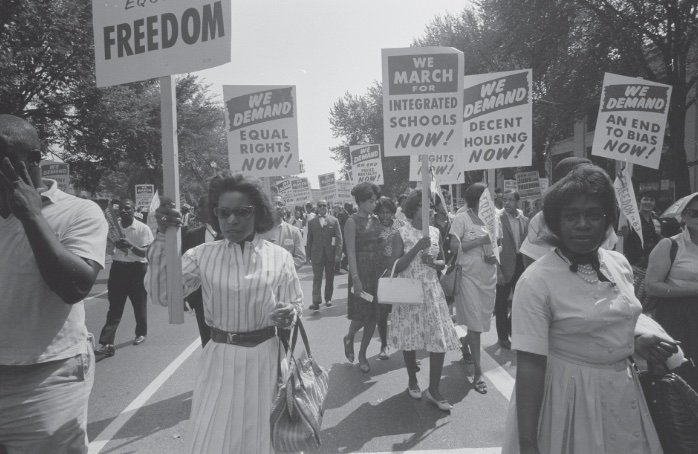ESSAY // The Future of the First Amendment
Is This Time Different?
Reaching for censorship during periods of unrest is common. So is the regret that follows
by Nico Perrino
EXCERPT //
On August 17, 1917, the executive committee of the Socialist Party of Philadelphia resolved to distribute 15,000 leaflets featuring the above words, opposing America’s military conscription for World War I.
Earlier that year, in April, the United States declared war on Germany. A month later, President Woodrow Wilson signed into law the Selective Service Act that authorized conscription.
Ultimately, 2.8 million Americans would be drafted into the war effort.
The Socialist Party leaflets reminded readers that in a democracy, they have the right to “demand the repeal of any law” and that as citizens of Philadelphia—the cradle of liberty—they “are doubly charged with the duty of upholding the rights of the people.” It concluded by sharing the address for the party headquarters on Arch Street, where Philadelphians could sign a petition to Congress to repeal the Selective Service Act.
The leaflet was classical political pamphleteering, of a kind with the leaflets that were widely circulated throughout Philadelphia during America’s colonial period and in the early days of the republic. It called on citizens to engage in the democratic process: to contact their legislators and to exercise their First Amendment rights to speech, assembly, and petition. //
For full text and images, consider reading RQ in print, on a Sunday afternoon, sun streaming through your window, coffee in hand, and nary a phone alert within sight or in earshot… just fine words, fine design, and the opportunity to make a stitch in time. // Subscribe or buy a single issue today. // Print is dead. Long live print. //

